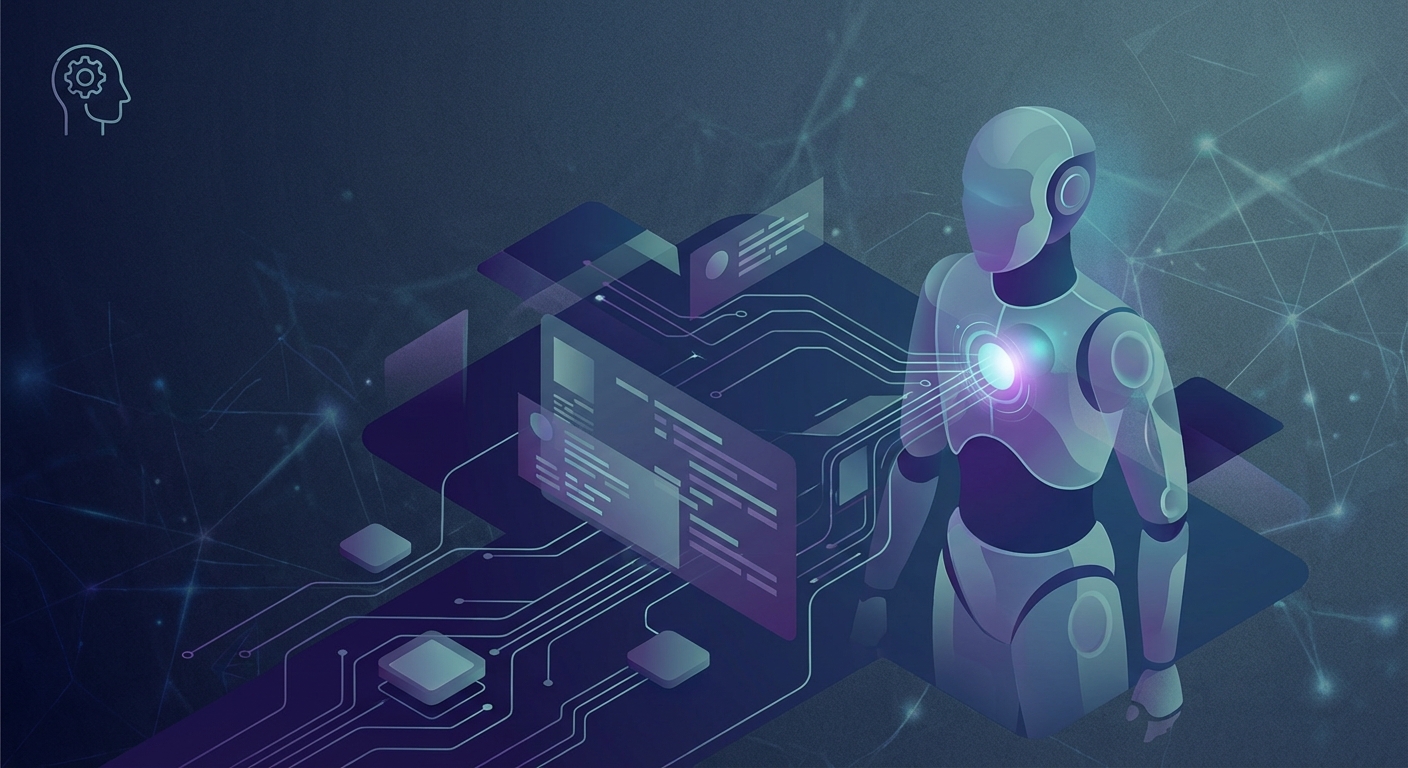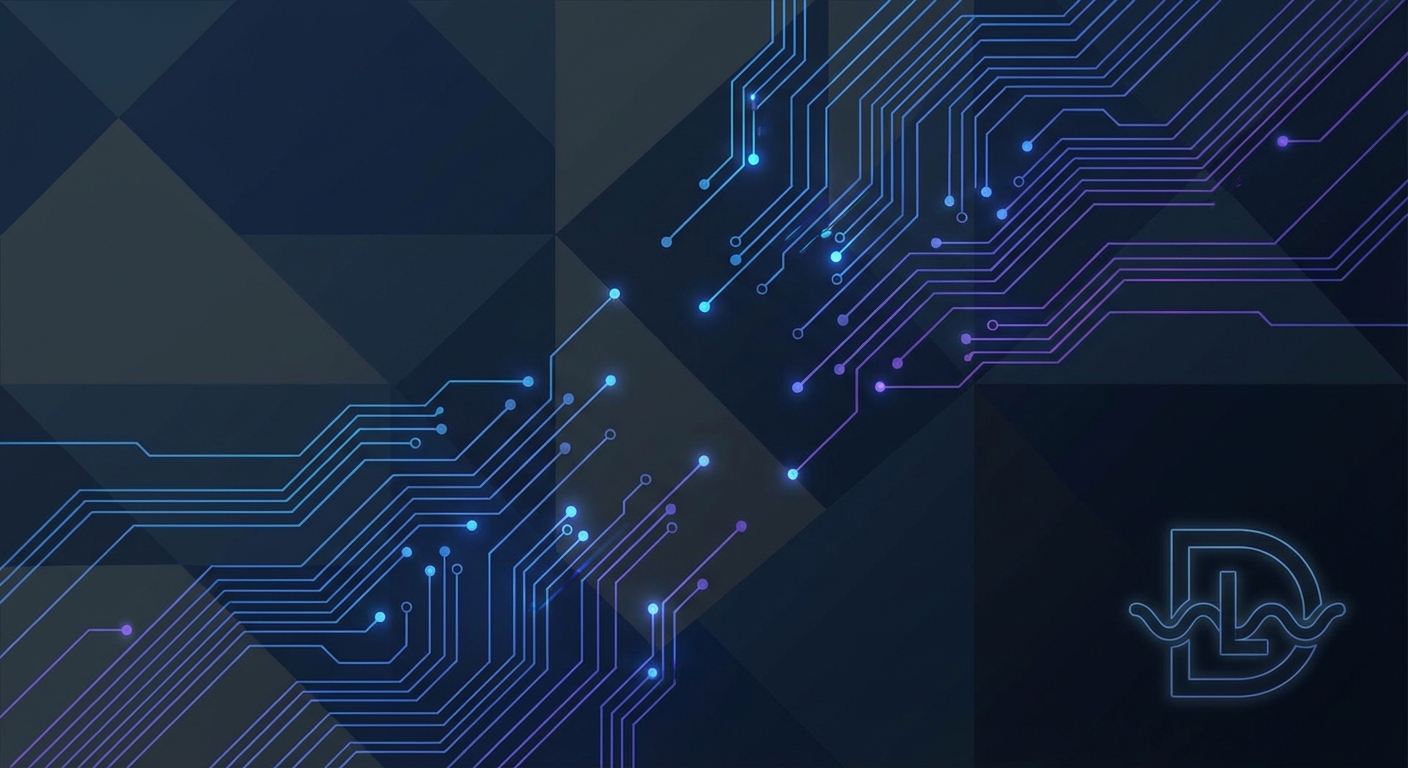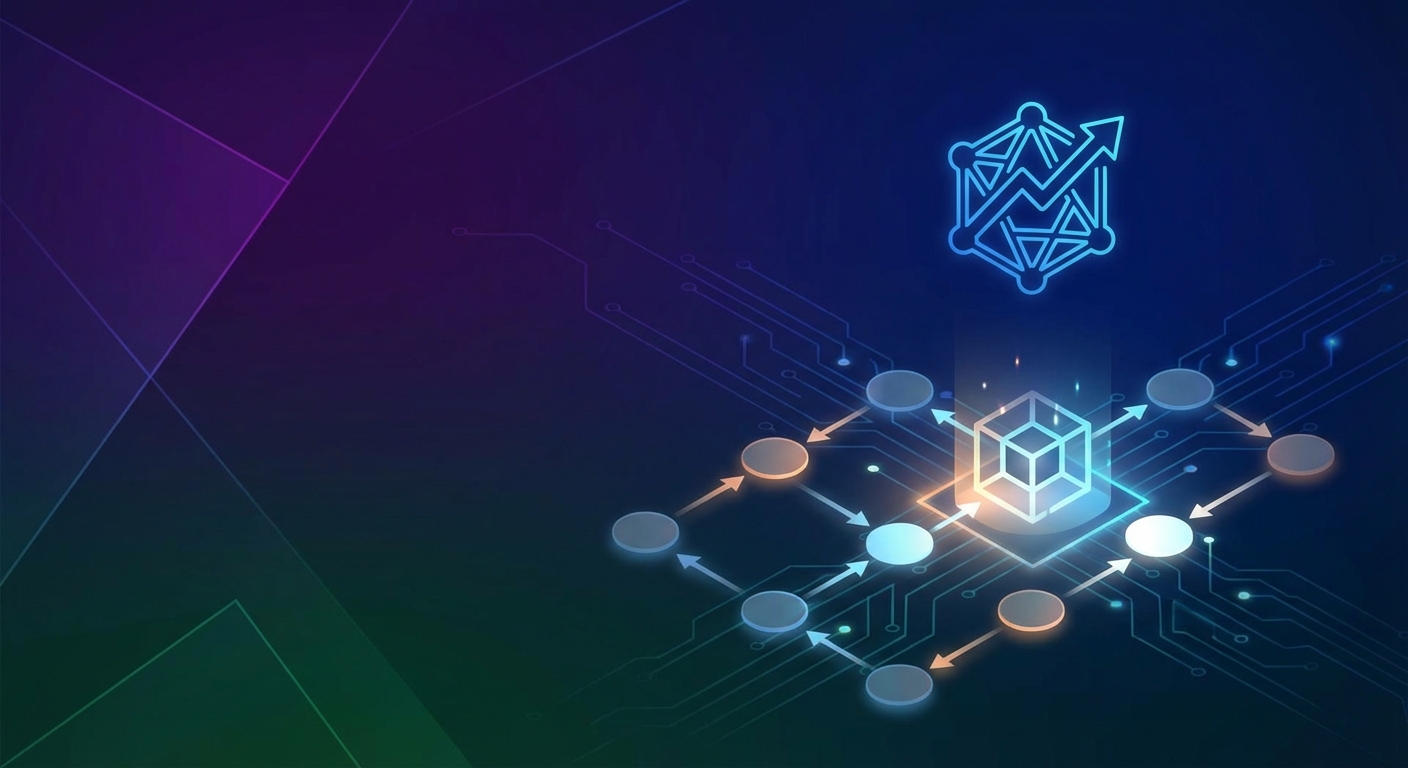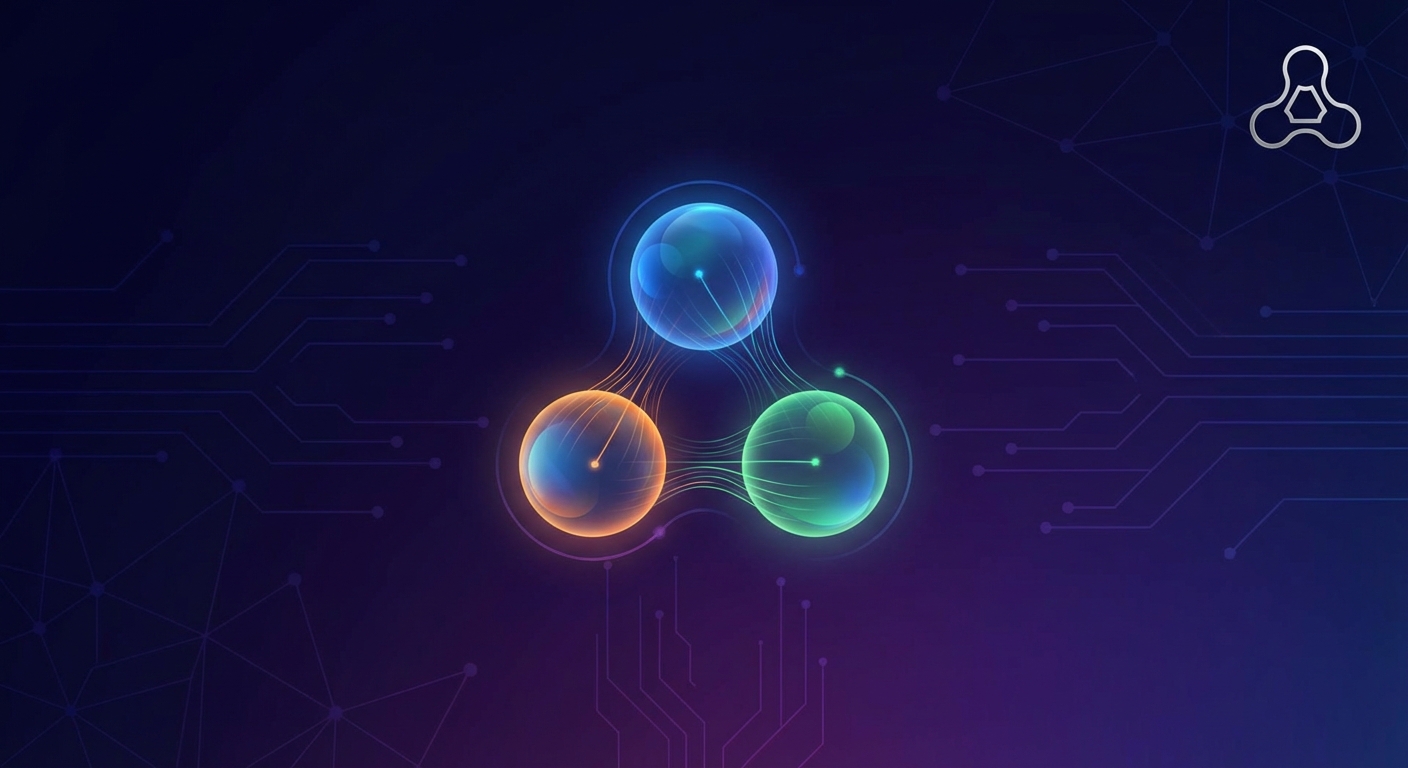Creating and Recruiting Autonomous AI Agents
TL;DR
- This article dives deep into the process of building and deploying autonomous ai agents, covering everything from initial design considerations and development frameworks to agent security and governance. We'll explore how to effectively recruit these agents, integrate them into existing workflows, and optimize their performance for enterprise-level tasks, providing actionable insights for businesses looking to leverage ai for automation and innovation, with a focus on real-world examples and practical strategies.
Understanding Autonomous AI Agents
Okay, so autonomous ai agents—it's kinda a buzzword right now, but what does it actually mean, you know? Is it just fancy automation, or is there more to it?
Well, it's more than just your average script chugging away. Here's the gist:
- Self-Governance is essential: A truly autonomous agent can make decisions without constant human hand-holding. Think of it like this, it can adjust its sails based on wind changes. This means it can react to unexpected situations and make choices that align with its goals, even if those situations weren't explicitly programmed.
- Perception, Planning, Action, and Learning: They need to see (or sense), figure out a plan, do something, and then learn from it. It's like a little virtual ecosystem, if you will. This cycle is fundamental to their operation.
- Not just AI: Regular ai kinda just follows the rules. Autonomous agents adapt over time. It’s like the difference between a self-checkout machine, which has a fixed set of instructions, and a Roomba, which navigates your home, learns its layout, and adjusts its cleaning path based on obstacles. This adaptability comes from their ability to learn from new data and experiences.
For example, if you have a marketing team, this could be an agent that adjusts ad spend in real-time based on performance without you having to make the adjustments yourself. It perceives current campaign metrics, plans budget reallocation, acts by shifting funds, and learns which strategies yield the best return on investment.
Now, of course, there's the ethical side of things, right? Are we giving these things too much power and how do we ensure AI bias isn't in the mix?
Levels of Autonomy
Autonomous agents exist on a spectrum of self-governance. While a universally agreed-upon standard isn't set in stone, we can generally categorize them into a few levels:
- Level 1: Assisted Autonomy: These agents can perform tasks with human oversight. They might suggest actions or require confirmation before executing them. Think of a smart assistant that can draft an email but needs your final approval.
- Level 2: Semi-Autonomy: Agents at this level can operate independently for defined periods or within specific parameters. They can make decisions and take actions without immediate human intervention, but they might report back or flag complex situations for human review. A good example is an automated trading bot that executes trades based on predefined market conditions but alerts a human trader to significant market shifts.
- Level 3: Full Autonomy: These agents can operate independently in complex and dynamic environments, making decisions and adapting their strategies without any human intervention. They are capable of self-correction and continuous learning to achieve their objectives. A self-driving car navigating city streets is a prime example of this level.
- Level 4: Super Autonomy: This is a theoretical level where agents can not only operate autonomously but also collaborate, learn from each other, and even evolve their own goals or operational frameworks. This is the realm of advanced multi-agent systems.
Next up, let's dive into the different levels of this autonomy thing.
Designing and Developing Autonomous AI Agents
Alright, so you're ready to unleash some ai agents into the world. But let's be real, it isn't as easy as flipping a switch, is it? Getting these things to actually do what you want takes some serious thought.
Before you jump into coding; you should really nail down what you want these ai agents to accomplish, and how you'll measure their success. Think of it like setting goals for a new employee—except this employee is a bunch of algorithms.
- Translate business goals: Figure out how to turn those big, vague business goals into something an ai can actually work with. For instance, if you're aiming to "improve customer satisfaction" in say, a telecom company, that could translate to "reduce average call resolution time by 15%." To achieve this, an AI agent might analyze call transcripts to identify common issues, suggest real-time solutions to agents, or even automate responses for frequently asked questions.
- Design effective reward structures: You have to incentivize them to do the right things. If you're training an ai to manage inventory, make sure it's not just minimizing storage costs but also avoiding stockouts that piss off customers. The reward function would need to balance these competing objectives. For example, a negative reward might be applied for every day an item is out of stock, while a smaller negative reward could be applied for each unit stored beyond a certain threshold. The agent learns to find the optimal balance.
- Ethical considerations are crucial: What's the ethical angle? How do you make sure your ai agent isn't reinforcing biases or making unfair decisions? A hiring ai, for example, needs careful monitoring to avoid discriminating against certain demographics. This involves implementing bias detection algorithms that flag potentially unfair patterns in the data or decision-making process, and ensuring fairness metrics are met.
Don't forget about reinforcement learning! This is where the ai learns through trial and error, getting "rewards" for good behavior. Kinda like training a puppy, but with code and data. In reinforcement learning, rewards are typically represented as numerical values. When an agent takes an action in a given state, it receives a reward signal. This reward is then used to update the agent's policy (its strategy for choosing actions) to maximize cumulative future rewards.
Here's a simplified example of reward structure in Python:
def calculate_reward(action, state):
if action == "desired_outcome":
return 1 # Positive reward
elif action == "undesired_outcome":
return -1 # Negative reward for bad actions
else:
return 0 # Neutral reward for other actions
This is a critical step and is all about translating business intent into a language the ai understands.
It's not just about technical skill; it's about foreseeing the potential pitfalls and making sure your ai is a responsible member of your team, you know?
Next, let's talk about actually making these agents see, plan, and act.
Recruiting and Integrating Autonomous AI Agents
Okay, so you've built these cool ai agents, but now what? It's like having a bunch of talented rookies on a sports team; they need to learn the plays and how to work together.
First off, you gotta know what roles you need filled. Don't just grab any agent off the shelf.
- Assess your needs: What specific tasks are bogging down your team? Maybe it's sifting through mountains of customer data, or perhaps it's fine-tuning marketing campaigns ad nauseam.
- Explore pre-trained options: There's a growing market of ai agents ready to go. Like, why build from scratch when someone else already did the heavy lifting? Examples include pre-trained agents for customer service chatbots, data analysis tools, or content generation.
- Test drive before you buy: Simulations are your friend. Run these agents through realistic scenarios to see how they perform. Think of it as an intense job interview.
Once you've picked your agents, it's time for onboarding. This isn't just about plugging them in; it's about making them part of the team.
- Data access is key: Make sure they have all the info they need to do their jobs, but also implement access control.
- Fine-tune their behavior: ai agents can be a bit too enthusiastic, so you have to guide them. Reinforce what's working and fix what isn't.
Integrating ai agents isn't a one-time thing. It's more like a long-term relationship: requires constant communication and adjustment.
Next up, let's dive into how these agents can actually collaborate with each other.
Collaborative AI Agent Dynamics
Alright, so we've talked about building and integrating individual agents. But the real magic often happens when these agents start working together. Think of it as a symphony, not just a solo performance.
- Task Decomposition and Delegation: Complex problems can be broken down into smaller, manageable tasks. One agent might identify the overall goal, then delegate specific sub-tasks to other agents with specialized skills. For instance, an agent tasked with planning a marketing campaign might delegate market research to one agent, content creation to another, and ad placement to a third.
- Information Sharing and Communication: For effective collaboration, agents need to share information seamlessly. This could involve passing data directly, using shared knowledge bases, or even employing natural language communication protocols. Imagine an agent monitoring inventory levels that alerts a sales agent about low stock, allowing the sales agent to adjust promotions accordingly.
- Conflict Resolution and Coordination: When multiple agents are working towards a common goal, conflicts can arise. Effective collaboration requires mechanisms for resolving these conflicts and coordinating actions to avoid redundancy or interference. This might involve a central orchestrator agent or a distributed consensus mechanism.
- Emergent Behavior: The interaction of multiple autonomous agents can lead to emergent behaviors—complex patterns or solutions that weren't explicitly programmed into any single agent. This is where true innovation can happen, with agents collectively solving problems in novel ways.
The goal is to create a synergistic environment where the combined intelligence of the agents far surpasses the sum of their individual capabilities.
Security, Governance, and Lifecycle Management
Okay, so you've got these ai agents doing their thing, but honestly, it can feel like letting toddlers loose in a data center, right? It's all fun and games until someone accidentally triggers a system-wide shutdown.
- Authentication and Authorization: These are your best friends. It’s like giving each ai agent its own set of keys and making sure they only open the doors they're supposed to.
- Example: An ai agent responsible for customer data analysis should only have read access to that data and not be able to modify it. This is enforced through api keys and role-based access control.
- Data Breaches: These are a nightmare. You need to protect against adversarial attacks, especially if your agents are dealing with sensitive info. Encryption, regular security audits—treat your ai agents like high-value targets.
- Example: Sensitive customer information processed by an ai agent should be encrypted both in transit and at rest. Regular penetration testing can identify vulnerabilities.
- Compliance: This is non-negotiable. If you're dealing with GDPR, CCPA, or whatever alphabet soup of regulations applies to your industry, you must ensure your ai agents aren't inadvertently breaking the law.
- Example: An ai agent handling personal data must be designed to comply with data privacy regulations, such as anonymizing data where required or obtaining explicit consent.
- Define Roles and Responsibilities: Who’s in charge of making sure the ai agents are behaving? There needs to be a clear chain of command, even for digital entities.
- Example: A human oversight team is assigned to monitor the performance and decision-making of critical ai agents, with clear escalation paths for issues.
- Bias Detection: This is crucial. Implement monitoring and auditing to make sure your ai isn't reinforcing biases. It's like having a referee in a soccer game but for algorithms.
- Example: A hiring ai agent is regularly audited to ensure its recommendations are not disproportionately favoring or disfavoring candidates based on protected characteristics like gender or ethnicity.
- Transparency and Explainability: You need to know why your ai agents are making the decisions they're making. Black boxes are cool in spy movies, not in enterprise systems. Common techniques for achieving explainability include LIME (Local Interpretable Model-agnostic Explanations) and SHAP (SHapley Additive exPlanations) values, which help to understand the contribution of each input feature to an AI's prediction.
- Example: When an ai agent denies a loan application, it can provide a clear explanation of the factors that led to that decision, such as credit score and debt-to-income ratio.
- Versioning: This is your safety net. Track every deployment, every change, every update. If something goes wrong, you need to be able to roll back to a previous version.
- Example: Each deployment of an ai agent is assigned a unique version number, allowing for quick rollback to a stable previous version if a new deployment introduces errors.
- Performance Monitoring: Key performance indicators (kpis) aren’t just for humans. Keep an eye on how your ai agents are performing, identify bottlenecks, and optimize resource allocation.
- Example: An ai agent's response time and accuracy rate are continuously monitored. If response times increase significantly, it might indicate a need for optimization or increased resources.
- Testing and Validation: This needs to be automated. You don't want to manually check every single thing, do you?
- Example: Automated test suites are run against new versions of an ai agent to ensure they still meet performance benchmarks and don't introduce regressions.
- Decommission and Archival Processes: When an ai agent is no longer needed, it's important to have a structured process for retiring it. This involves safely shutting down the agent, archiving any relevant data or logs for compliance or future analysis, and ensuring no lingering dependencies remain. This prevents orphaned systems and maintains a clean operational environment.
It's a lot, I know, but it beats the alternative.
The Future of Autonomous AI Agents in the Enterprise
Okay, so, what's next for ai agents? Honestly, it's kinda mind-blowing and honestly, maybe a little scary?
AI agents are going everywhere: Finance, HR, marketing and sales, it's like they're learning to be the ultimate digital employees. It's not just about automating the boring stuff, but actually having them help with decision-making.
Human + AI Teams: Think of it like Iron Man and Jarvis, but in your office. It’s about ai doing what it does best (analyzing data, finding patterns) and humans doing what they do best (understanding context, making ethical calls). The division of labor is key: AI handles the heavy lifting of data processing and pattern recognition, while humans provide strategic direction, nuanced judgment, and ethical oversight. For example, an AI might identify potential investment opportunities, but a human analyst would conduct the final due diligence and make the investment decision.
Continuous Learning: it's not set-and-forget. They're always learning, always adapting. It's like having an employee who never stops getting better at their job.
Healthcare: Imagine ai agents that can diagnose diseases earlier or personalize treatment plans. As LRN3172 notes, real-time communication is becoming pivotal in healthcare. Why not have ai manage and optimize these communications? AI agents can monitor patient vital signs in real-time, alert medical staff to critical changes, and even facilitate seamless communication between different healthcare providers involved in a patient's care, ensuring timely interventions and coordinated treatment.
Finance: ai agents could help detect fraud in real-time, manage risk more effectively, or even provide personalized financial advice to customers.
Supply Chain: According to LRN3027, best practices in supply chain planning are essential. Imagine ai agents that can predict disruptions, optimize logistics, and even negotiate with suppliers. That's a game changer. These agents can analyze vast amounts of data—weather patterns, geopolitical events, supplier performance—to proactively identify potential disruptions and reroute shipments or adjust production schedules, ensuring resilience and efficiency.
We have to think about things like data privacy, algorithmic bias, and whether we're giving these ai agents too much power, you know?
The future is here, and it's ai-powered. It's our job to make sure it's also responsible.
Next up, let’s see how to monitor, optimize, and scale these digital minions.




